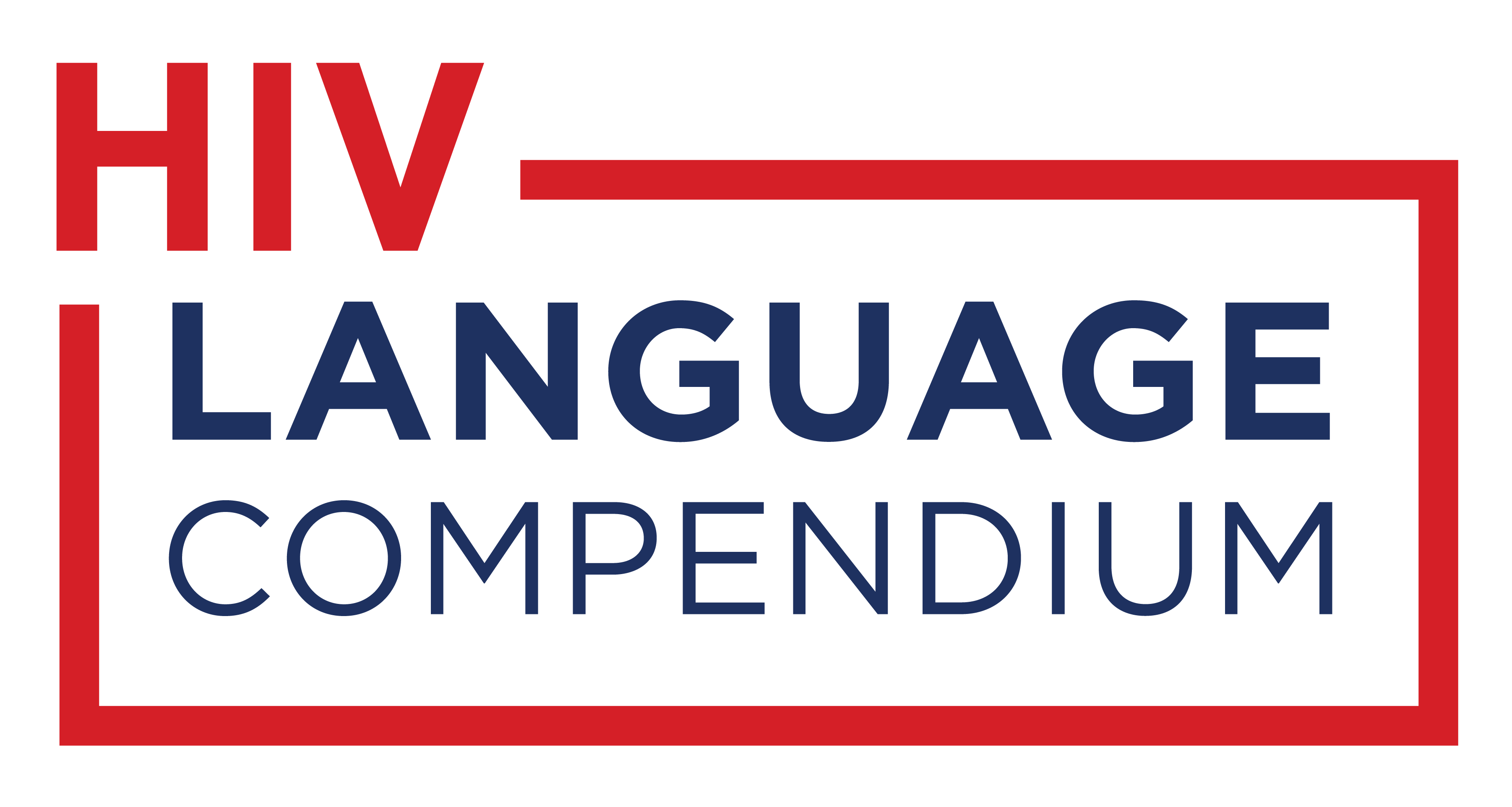Background and History
Background
In June 2021, the United Nations General Assembly met for its fourth high-level meeting (HLM) on AIDS to review five years of both success and failure since its previous meeting, and set the course of the global response to HIV for the next five years. Departing from precedents and settled positions of previous HLMs and other meetings of the General Assembly, a small group of countries sought to remove language on rights, decriminalization and harm reduction from the draft Political Declaration. Although the attempt was unsuccessful, this experience is symptom of a larger threat posed by a revisionist strategy for subverting the rights-affirming and evidence-based foundations of the global HIV response.
Origin
The HIV Policy Lab developed the prototype of this Compendium during the 2021 HLM. Its extension at the initiative of GNP+ and Aidsfonds, the co-conveners for the HLM, is a testament to this Compendium’s contribution during the HLM and the need for more resources to support Member States in strategizing, coordinating and advancing the defense and expansion of our global commitments in favor of rights-based responses to HIV and related sexual and reproductive health challenges. This Compendium aims to hold nations accountable for their past commitments and assist delegations, civil society and others in framing arguments for protecting and advancing rights-affirming and evidence-based language.
Purpose
The HIV Language Compendium meets this need by providing a curated compilation of internationally agreed upon language about concepts and terms crucial for an evidence-based and rights-affirming response to HIV. This Compendium is a practical resource for those in the center and on the sidelines of multilateral negotiations including leaders from affected communities, diplomats, international civil servants, leaders from affected communities,. By establishing the language that Member States have already been agreed to within the United Nations system, this Compendium will serve as both a defense against efforts to undo progress and a foundation for furthering global agreement on sexual and reproductive rights
